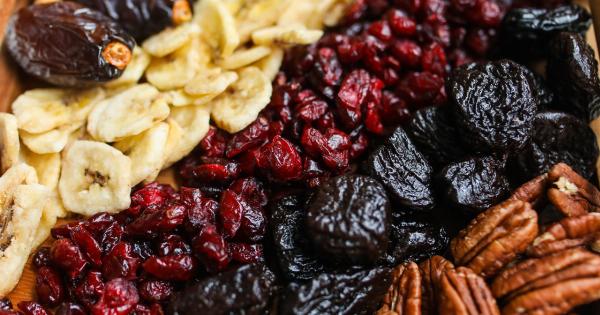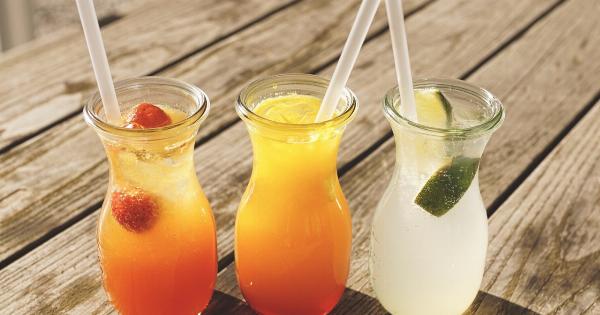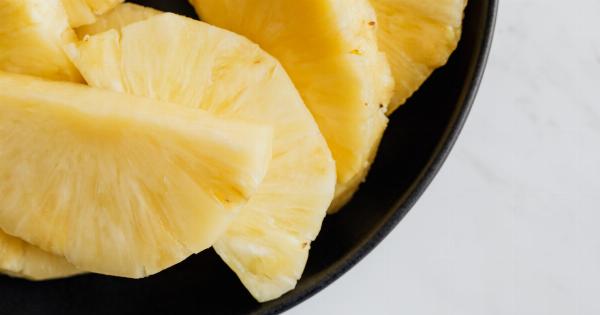When it comes to maintaining a healthy lifestyle, we often turn to nutritious foods that are touted for their many health benefits. However, not all healthy foods are created equal.
While some may indeed provide nourishment and promote well-being, there are others that come with a hidden catch. In this article, we will explore ten such healthy foods that may have unexpected drawbacks, and how to navigate their hidden pitfalls.
1. Granola Bars
Granola bars have long been marketed as a convenient and healthy snack option. Packed with whole grains, nuts, and fruits, they seem like the perfect on-the-go choice.
However, many store-bought granola bars are loaded with added sugars and artificial ingredients. To make a smarter choice, opt for homemade granola bars or those with minimal added sugars and wholesome ingredients.
2. Flavored Yogurt
Yogurt is often considered a nutritious choice, thanks to its probiotics and calcium content. However, flavored yogurts can be high in added sugars and artificial flavors.
It is better to opt for plain yogurt and add your own fruits or a natural sweetener like honey or maple syrup.
3. Smoothies
Smoothies are a popular way to pack in a variety of fruits and vegetables. However, store-bought smoothies or those from certain cafes can contain excessive amounts of added sugars, syrups, or even ice cream.
To enjoy a healthier smoothie, prepare it at home using fresh ingredients and limit the use of sweeteners.
4. Dried Fruits
Dried fruits are often perceived as a wholesome snack due to their concentrated nutrients and natural sweetness. However, the drying process removes water, making them more calorie-dense and easier to overeat.
Additionally, some store-bought dried fruits are coated with sugar or sulfur dioxide as preservatives. Enjoy dried fruits in moderation and choose those without added sugars or preservatives whenever possible.
5. Veggie Chips
Veggie chips, made from root vegetables like beets, sweet potatoes, or kale, are marketed as a healthier alternative to traditional potato chips.
While they may contain more nutrients, they are still fried or baked and can be high in calories and unhealthy fats. Portion control is key when enjoying veggie chips, and it is always better to consume fresh vegetables in their natural form.
6. Trail Mix
Trail mix is often seen as a nutritious and energizing snack due to its combination of nuts, seeds, and dried fruits. However, store-bought trail mixes can be high in added sugars, salt, and unhealthy oils.
To ensure a healthier option, make your own trail mix using unsalted nuts, seeds, and naturally sweet dried fruits.
7. Gluten-Free Products
While gluten-free products have become increasingly popular, especially for those with celiac disease or gluten sensitivities, not all of them are healthy.
Many gluten-free packaged foods are heavily processed, contain refined flours, and lack essential nutrients. It is important to read labels carefully and choose whole foods like fruits, vegetables, lean proteins, and whole grains instead.
8. Pre-Packaged Salads
Pre-packaged salads are often perceived as a quick and healthy lunch option. Unfortunately, the pre-packaged dressings that come with them can be high in unhealthy fats, added sugars, and preservatives.
Opt for homemade dressings or choose salads with dressings on the side to control the amount and quality of the ingredients.
9. Reduced-Fat Peanut Butter
Reduced-fat peanut butter may sound like a healthier choice than regular peanut butter, but it often contains more added sugars to compensate for the reduced fat content. Additionally, some reduced-fat options may include artificial additives.
It is best to choose natural peanut butter without added sugars or oils.
10. Fruit Juice
Fruit juice is often perceived as a healthy drink choice due to its association with fruits. However, most commercially available fruit juices are high in added sugars and lack the fiber found in whole fruits.
It is better to consume whole fruits or opt for freshly squeezed juices without added sugars whenever possible.






























